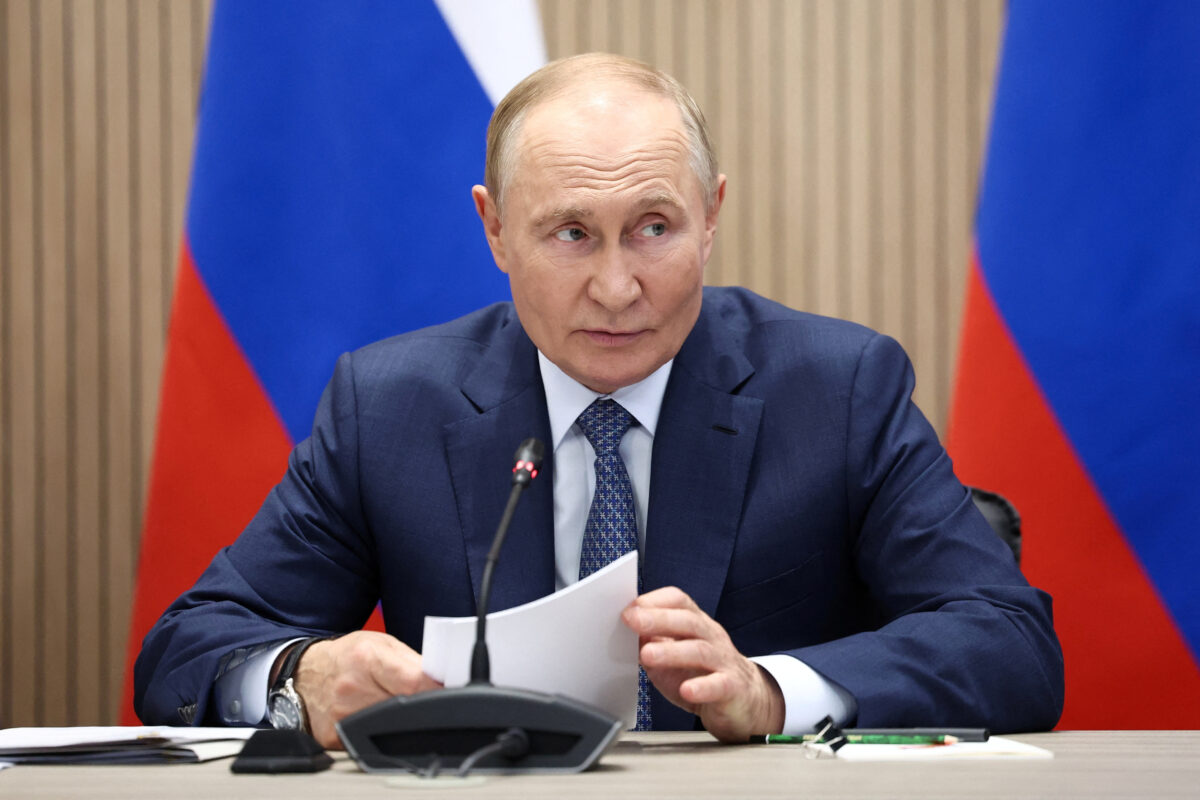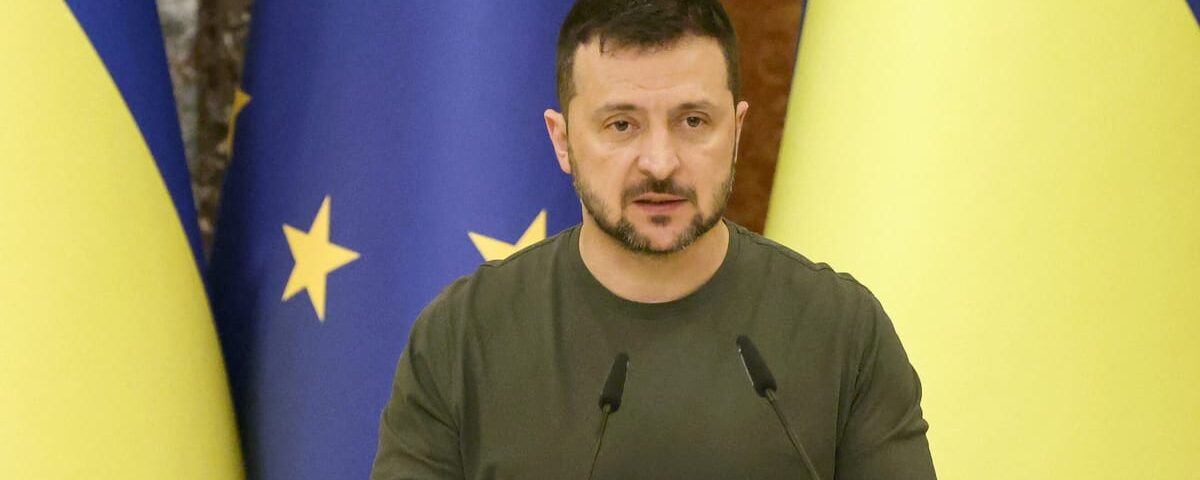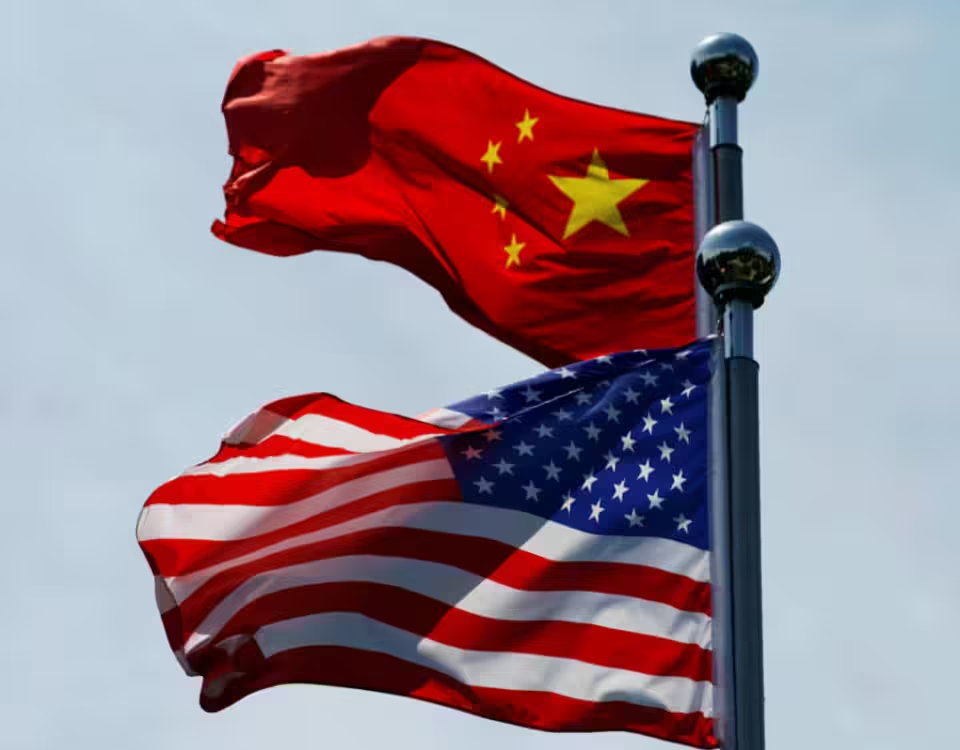
“Beyoncé Joins Harris in Houston for Campaign Rally”
October 26, 2024Ukraine’s Probe into North Korea’s Alleged Military Aid to Russia Indicates Major Shift in Global Geopolitical Alliances During Ongoing Conflict

In a significant escalation of its investigative efforts, Ukraine has launched a formal probe into the purported assistance provided by North Korea to Russia in its relentless military campaign against Ukraine. The Ukrainian Prosecutor General’s Office made this announcement on Friday, highlighting that North Korea’s actions may constitute crimes of aggression under international law. This inquiry is particularly critical as it underscores the potential implications of international relations and military alliances during a time of heightened conflict in Eastern Europe.
The Ukrainian prosecutors’ office has pointed to several alarming allegations against North Korean officials. These include claims of supplying military arms, training Russian military personnel, and possibly even deploying North Korean troops directly into the ongoing conflict. The gravity of these allegations suggests that North Korea could face severe legal repercussions should the investigations substantiate the claims. In a statement, the Prosecutor General’s Office emphasized, “We are documenting and collecting evidence of all possible aspects of such involvement as part of the core proceeding on the crime of aggression.” This statement reflects Ukraine’s commitment to meticulously gather evidence regarding North Korea’s alleged military engagement, which could have far-reaching consequences not only for the countries directly involved but also for global security.
In addition to the allegations of arms supplies and military training, reports have emerged from multiple intelligence agencies, including Ukraine’s military intelligence, South Korean sources, and several Western nations, indicating the presence of North Korean troops on Russian soil. Specifically, these reports suggest that North Korean military personnel trained in Russia have been deployed to the Kursk region, a strategic area in Russia that borders Ukraine. This region has been a focal point for Ukrainian military operations, particularly following a notable incursion by Ukrainian forces in August. According to the Ukrainian intelligence agency, as many as 12,000 North Korean troops, which reportedly include 500 officers and three generals, are currently stationed in Russia. These troops are said to be undergoing military training at five different bases across the country, raising serious concerns about the potential for North Korean involvement in direct combat against Ukrainian forces.
The Kremlin’s response to these allegations has been mixed. Initially, Russian officials dismissed reports of North Korean troop involvement as “fake news.” However, recent statements from Russian President Vladimir Putin have indicated a more nuanced approach. While he has not outright denied the presence of North Korean troops in Russia, he has refrained from providing any clarity on their role or the extent of their involvement in military operations. This ambiguity has left many analysts speculating about the true nature of the relationship between Russia and North Korea, particularly as both nations appear to be strengthening their military ties in response to the geopolitical pressures they face.
Further complicating the situation, the Dutch Defence Ministry has released intelligence indicating that an additional 1,500 North Korean troops are expected to join Russian combat operations imminently. This anticipated influx of personnel could significantly alter the dynamics on the ground in Ukraine, potentially providing Russia with a fresh wave of manpower as it seeks to regain momentum in its ongoing conflict with Ukraine. The potential integration of North Korean troops into Russian military efforts not only raises tactical questions but also highlights the increasingly collaborative relationship between Moscow and Pyongyang.
As the investigation unfolds, the implications for international law and diplomatic relations could be profound. If Ukrainian authorities can substantiate their claims against North Korea, it may prompt calls for international accountability and potential sanctions against North Korean leaders and military officials. Additionally, the situation could strain North Korea’s already tenuous relationships with other countries in the region, particularly South Korea and Japan, who view any military cooperation with Russia as a direct threat to their national security.
This investigation also serves as a reminder of the broader geopolitical shifts occurring in the wake of Russia’s invasion of Ukraine. As countries reassess their military alliances and strategies, the potential for new partnerships, like that between Russia and North Korea, could have far-reaching consequences. The West is closely monitoring these developments, as they could signal a shift in the balance of power in the region.
In conclusion, Ukraine’s probe into North Korea’s alleged military support for Russia represents a critical moment in the ongoing conflict. With the potential for crimes of aggression on the table, the investigations will likely reveal more about the nature of international military alliances in today’s geopolitical landscape. As evidence continues to surface, the international community will be watching closely, eager to understand the full implications of North Korea’s involvement and the potential consequences for regional stability and security.


